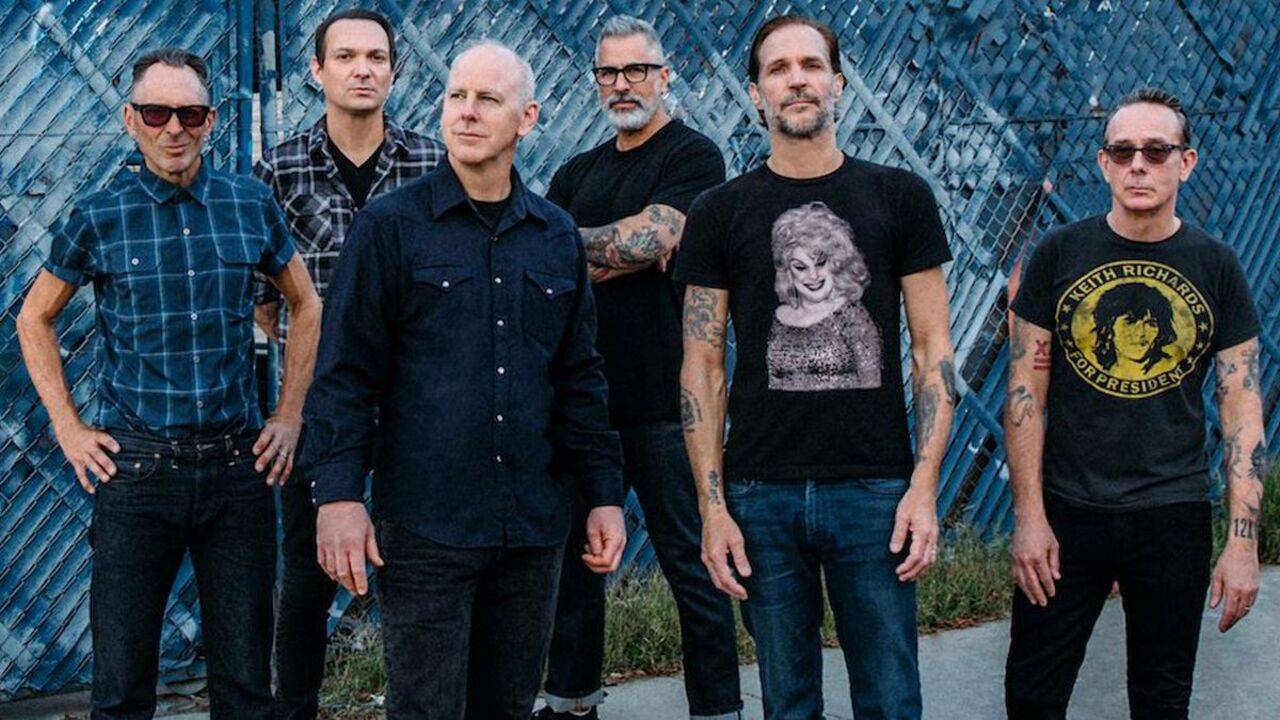
Bad Religion
Biography
Greg Graffin: Song Brian Baker: Guitar Greg Hetson: Guitar Brett Gurewitz: Guitar Jay Bentley: Bass Brooks Wackerman: Battery
It was in 1979 that four friends of Lycée, Greg Graffin (Chant), Brett Gurewitz (Guitare), Jay Bentley (Bassist) and Jay Ziskrout (Batterie), decided to embark on music, and more particularly, on the punk-rock. The group will therefore be called Bad Religion , will have as its acronym, the crossBuster so recognized today (created at the base to piss off their parent, hey! They were only 17 years old) and founded their own label, Epitaph , in 1981, serving as support for their first demo. It was in 1982 that serious things began with the release of How Hell Could Be Any Worse, selling approximately 12,000 copies and making the group famous in the Los Angeles region. (During the recording, Jay Ziskrout was replaced by Pete Finestone). After 1983 (and the release of the highly contested Into The Unknown ), the band split for an indefinite period, each member vading their studies.
Everything changed in 1984, when Greg Hetson (Circle Jerks) proposed to Greg Graffin to reform Bad Religion. After the release of the EP Back To The Unknown , they will have to wait until 1988 to reach the consecration and release of Suffer , which is intended for many one of the major revolutions of contemporary punk rock, and which ends best album of the year by the specialized press. It follows a dashing of hits and classic albums more impressive to each other such as No Control in 1989 and Against The Grain in 1990. The turn of the band was marked in 1992 with the departure of Pete Finestone and the arrival of Bobby Schayer in the drums. The group now tends to a punk-Rock that is less destructive and more melodic. This is followed by a major work, Generator, the same year and Recipe For Hate the following year, slower than the previous ones but containing very good songs, such as their hymn, "American Jesus". 1994, another upheaval, the Graffin band left Epitaph , a label created exclusively for the band at the time, for a larger structure, Atlantic . Since signing at a major is often very badly seen, the band is working hard to release the same year Stranger Than Fiction which is to date the most sold album, with 1,700,000 copies. But the following year Brett Gurewitz had to leave the band to take care of the label. (Others say there was a dispute with Jay Bentley, something subsequently verified). They therefore recruit, to replace him, an emblematic figure of the Punk, Brian Baker (Minor Threat).But despite Baker's arrival, one can only feel a certain decadence, a decrease in motivation and ingenuity on the part of the quintet. After a very good The Gray Race released in 1996, we came to No Substance in 1998, rather disconcerting for fans because the album is much slower and we tend to deviate from punk-rock. This fear is realized with the release of "The New America" in 2000, which will go unnoticed in the eyes of the public (but which contains one of the biggest songs of Bad Religion, namely "Don't Sell Me Short").
New millennium, new changes. On the one hand, the group left Atlantic (sworn?) to return home, Epitaph . This return led Gurewitz to return to the group. (The band is therefore composed of 3 guitars). On the other hand, after an injury to the shoulder, drummer Bobby Schayer was replaced by a little new to the remarkable technique and at quite impressive speed, a Brooks Wackerman. ( Suicidal Tendencies, The Vandals) A band that seems to be rejuvenated, faster, more lively and seems to have returned to the sources, as shown by The Process Of Belief released in 2002 and The Empire Strikes First in 2004.
Discography
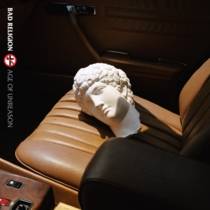
Age Of Unreason
2019
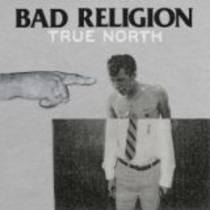
True North
2013
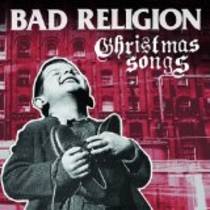
Christmas Songs
2013
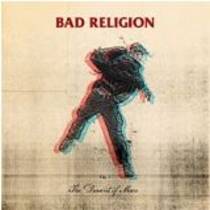
The Dissent of Man
2010
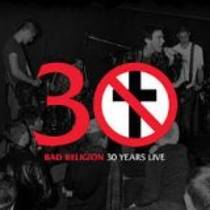
30 Years Live
2010
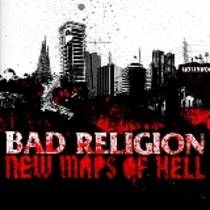
New Maps of Hell
2008
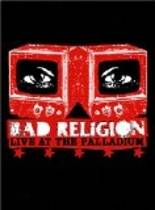
Live at the Palladium
2005
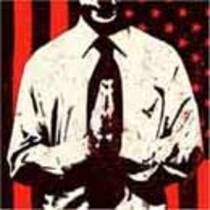
The Empire Strikes First
2004
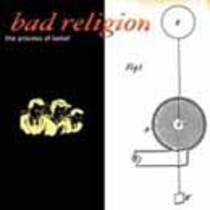
The Process Of Belief
2002
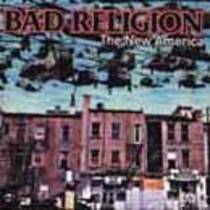
The New America
2000
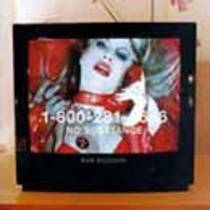
No Substance
1998
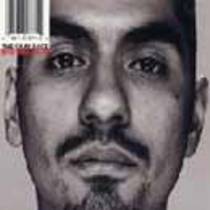
The Gray Race
1996
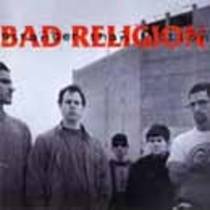
Stranger Than Fiction
1994
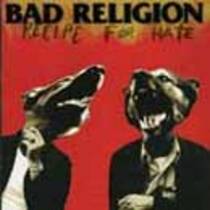
Recipe For Hate
1993
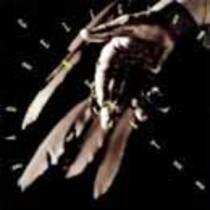
Generator
1992
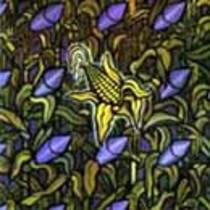
Against The Grain
1990
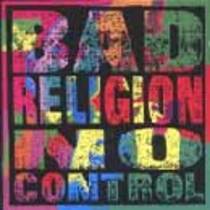
No Control
1989
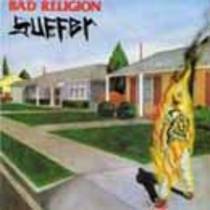
Suffer
1988
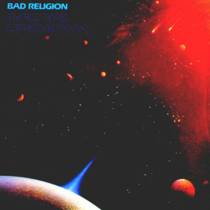
Into the Unknown
1983
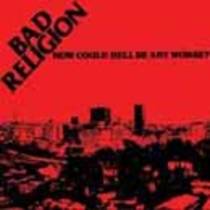
How Could Hell Be Any Worse
1982

